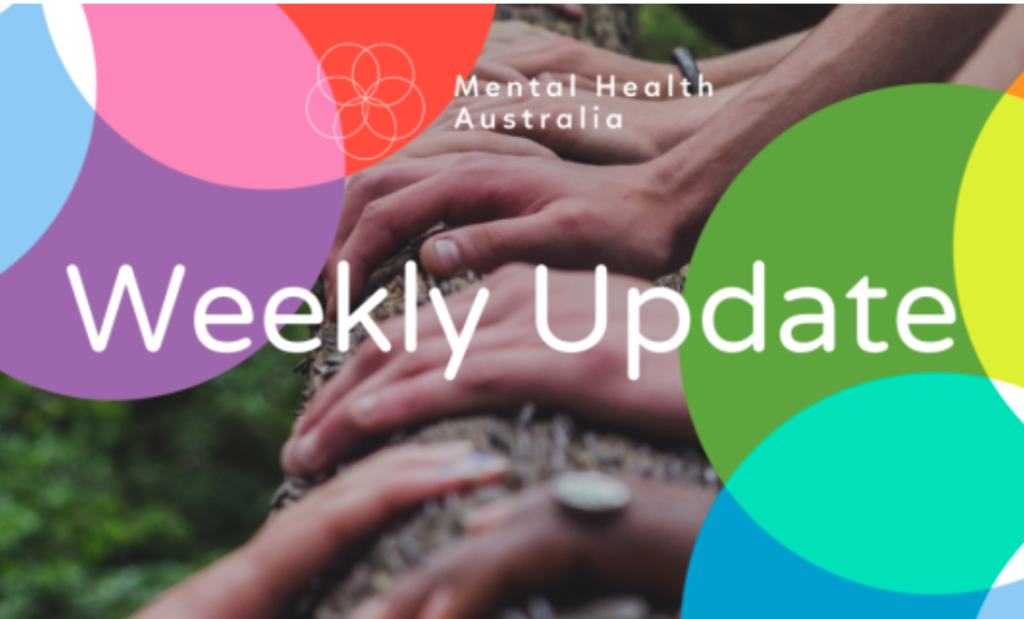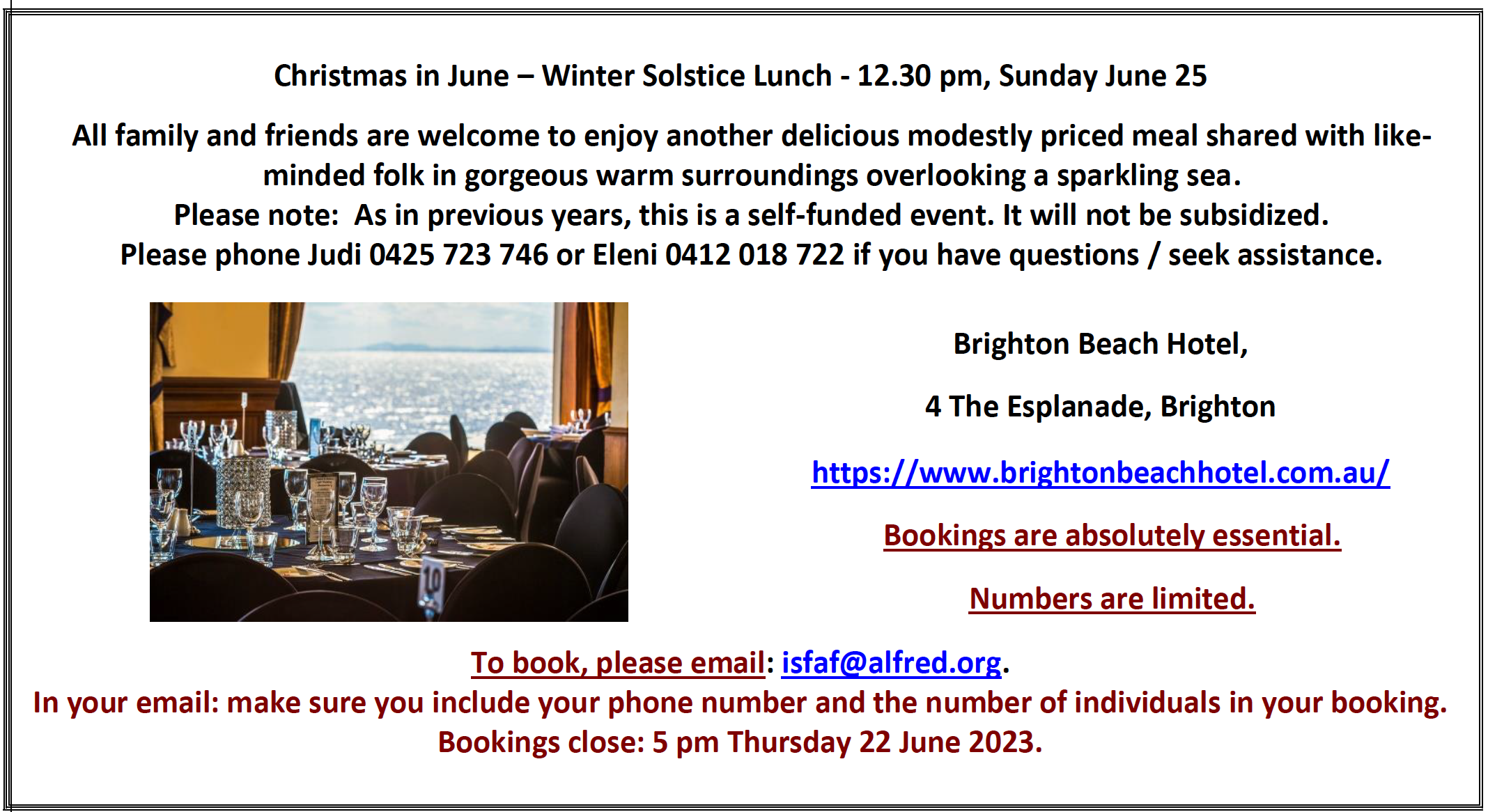Amber Schultz
ASSOCIATE EDITOR @AMBERMAYSCHULTZ
Amber covers health and social affairs for Crikey. She has been shortlisted for two Young Walkley Awards, was the 2021 Mumbrella Young Writer of the Year for her coverage of sexual violence, and in 2018 completed the Jacoby-Walkley scholarship. She holds two Master degrees and previously worked for The Age, Nine News and ABC’s Tonightly.
The agency that oversees the National Disability Insurance Scheme (NDIS) has no idea how many of the workers it pays for to provide services are unregistered.
These workers, who are either employed by a company or are freelance, can provide services ranging from landscaping to personal care, chosen by NDIS participants. They’re governed only by a “code of conduct” comprising just seven dot points around respecting privacy, preventing and responding to sexual misconduct and providing quality care.
“There are more checks and balances when buying a beer than there is on the provisions of unregistered NDIS services,” Labor Senator Tony Sheldon told a Senate committee hearing yesterday. He pointed to the responsible service of alcohol (RSA) course those working in pubs and bars have to take to serve booze, versus the lack of certification disability workers have to have.
Allowing people with disabilities to pick and choose who provides their services is a crucial part of the NDIS model around choice and control. But with a toothless sector watchdog understaffed and overburdened with complaints, unregistered providers can not just be costly — but dangerous too.
Where’s the oversight?
Acting NDIS Quality and Safeguards Commissioner Tracy Mackey told estimates there were around 4000 unregistered providers — but couldn’t provide an exact figure. So how exactly are standards enforced?

While workers with a registered provider have to undergo a screening test before being hired, unregistered providers are subject to the code of conduct with little else governing how they work. Mackey pointed to the “half a million” downloads of the code of conduct as evidence workers were paying attention.
Disability staff are some of the lowest-paid workers in Australia and many have no disability-related qualifications. There’s high turnover too, with around a quarter of staff leaving their role in a given year.
As Crikey has revealed, this has led to several instances of abuse, neglect and theft for many people with disabilities.
The fact the NDIA can’t say how many unregistered providers or workers there are is extremely worrying, estimates heard. It also has no idea how many of those unregistered workers are vaccinated.
Social Services Minister Anne Ruston also said she has no idea how many Australians with disability have died from COVID-19. She said the government “wouldn’t necessarily know” if someone has a disability.
How are dodgy providers dealt with?
Mackey said people with a disability, their families or their advocate can make a complaint about a registered or unregistered provider with the NDIS Quality and Safeguards Commission.
But how realistic is this? As of June 2021, the commission employed just 124 staff across the country. In the past financial year the commission received:
- Over 1 million notifications of unauthorised use of restrictive practices, including using medication to restrain someone or locking them in a room, more than triple 2019-20 numbers
- 417 allegations of sexual misconduct, up from 350 the previous year
- 1179 notifications of death (unregistered providers don’t have to provide this data to the commission)
- 2030 allegations of unlawful physical or sexual contact, up from 1671 the previous year
- 3189 notifications of serious injury, up from 1854 the previous year
- 5971 allegations of abuse and neglect, up from 3637 the previous year
- 7231 complaints. More than half of those complaints were dismissed by the commission and just 2% of them were resolved through a resolution process
- 20,090 inquiries about behaviour support
Between July and December 2021, an extra 4134 complaints were submitted to the commission.
Crikey has heard instances of commission staff walking off the job in tears due to understaffing and under-resourcing. There were just 291 investigations launched into complaints in the past year, and just 46 providers have been banned since 2018 when the commission was formed.
The commission was recently granted broader powers to grant banning orders based on how suitable an organisation is to provide services and to approve or revoke quality auditors.
Are unregistered providers the issue?
Unregistered providers are an important part of allowing people with disabilities to chose who provides them with care — especially given the care is often personal in nature. But making sure that person is qualified, suitable, vaccinated and hasn’t been banned from providing certain reports largely rests on the person with disabilities.
“We do try really hard to encourage self-managing participants to require their disability support workers to be vaccinated,” Mackey said, while NDIA CEO Martin Hoffman said it was up to the states and territories to oversee vaccination status of disability workers.
Those working with a registered NDIS provider have to undergo a worker screening check, and if they’re found to have been involved with criminal activity that could impact a person with a disability, such as online scamming or abuse, they receive an exclusion from working with registered providers.
But this doesn’t exclude them from working with an unregistered provider or within the disability sector altogether.










